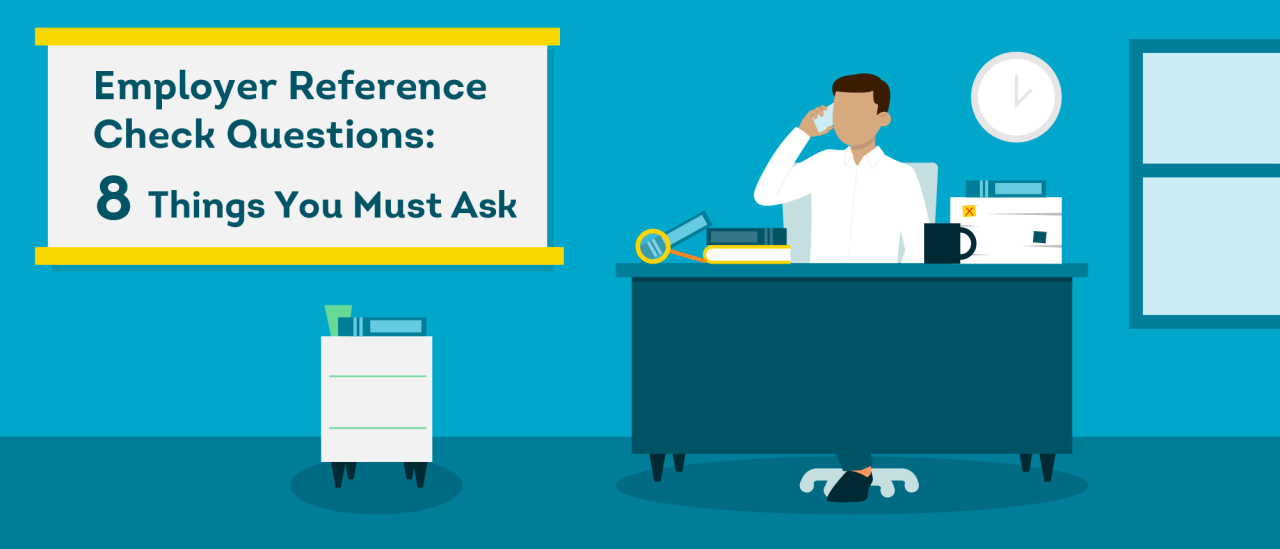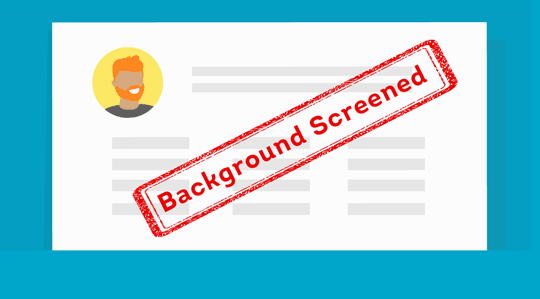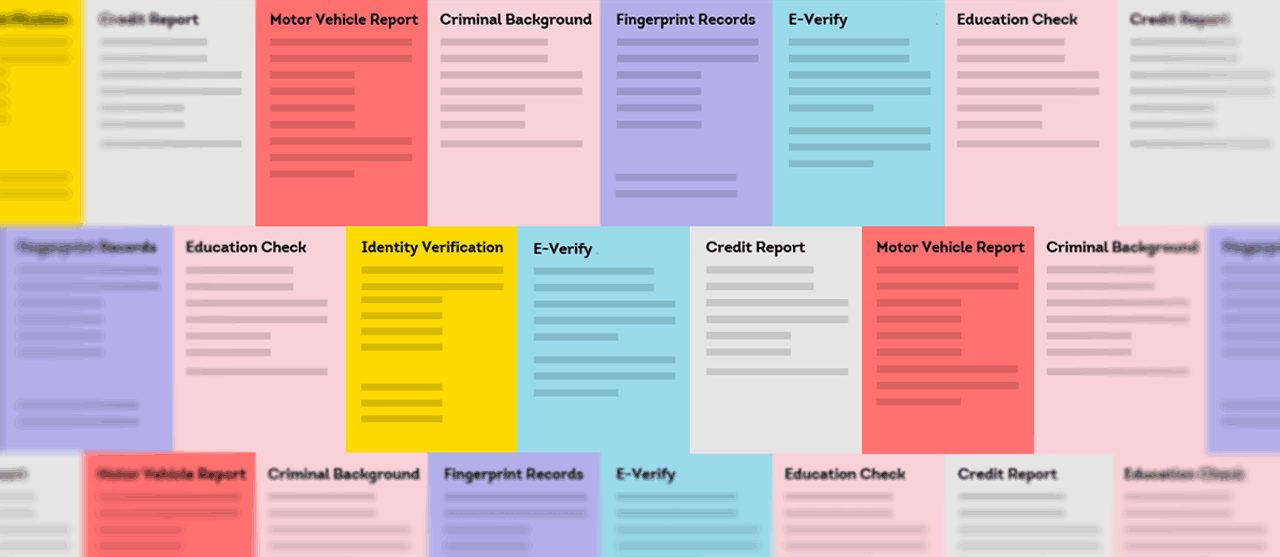Checking references before extending a job offer provides a better understanding of your candidates, meaning more informed hiring decisions. Learn how to conduct more effective reference checks with strategic questions, such as “How would you describe the candidate’s work ethic?” and “Would you recommend this candidate for this position?” For a list of more employer reference check questions and tips, keep reading below.
Remember that this material is intended to provide you with helpful information and is not to be relied upon to make decisions, nor is this material intended to be or construed as legal advice. You are encouraged to consult your legal counsel for advice on your specific business operations and responsibilities under applicable law. Trademarks used in this material are the property of their respective owners and no affiliation or endorsement is implied.
Padding a resume can make a job applicant sound like an all-star. Smart reference checks can help you discover if your candidate is really the hotshot they claim––or if they’re actually just riding the bench.
Asking the right reference check questions can help you confirm a candidate’s experience and professionalism. But, more importantly, speaking with previous employers can raise any red flags you may have missed in your screening process.
According to Northwestern University, making a bad hiring decision costs 30% of an employee’s annual salary on average. And that doesn’t even cover the massive damage to team morale, stress levels, productivity, and risk of negligent hiring lawsuits that accompany bad hires.
Given such a huge hit, small businesses can’t afford to take the risk of insufficient screening. Checking your applicants’ references can help protect your business from a poor hire, and provide you with more data points to convince you that you’ve truly found an exceptional employee.
This guide to candidate reference check questions helps you navigate this critical aspect of the hiring process. When paired with comprehensive online pre-employment screening from a reputable service like ShareAble® For Hires, reference checks can help you make even better hiring decisions that can safeguard your small business.
Here’s what to expect:
- Why Asking for Employee References is Absolutely Crucial
- How to Conduct Effective Employee Reference Checks
- Must-Know Tips to Maximize Contacting References
- The Top
- 8 Questions to Ask When Checking References
- For the Questions You Can’t Ask, Run a Background Check with ShareAble for Hires
Why Asking for Employee References is Absolutely Crucial
Conducting reference checks isn’t just a box to check in a hiring process. Talking to previous employers helps reveal all kinds of information a candidate might never tell you. Here are some of the benefits of checking employee references.
Reference checks help you
- Back up a candidate’s claims. Resume fraud is shockingly common. Unfortunately, many job applicants falsify information on their resume or during interviews. Reference checks can help you uncover these fibs.
- Narrow down the pool of candidates. Getting insights from people familiar with a job applicant’s work ethic, experience, and skills can help you determine who will be the best fit.
- Protect your company. According to data from the CDC, workplace violence has increased 25% since 2015. Will your new hire be the next perp? Background checks, including employer reference checks provide data that can help keep current staff, your customers, and your livelihood safe.

Along with professional pre-employment criminal background checks, checking references is one the top tips to reduce hiring risky employees. A thorough reference check process can help provide peace of mind when making a hiring decision.
How to Conduct Effective Employee Reference Checks
Conducting reference checks is a pretty straightforward process. Learn how it works with the steps below. Just remember that the law varies in different places. If you have any doubts, contact an employment attorney who is familiar with regulations in your area. :
- Call the reference instead of using email only: You can use email to schedule a meeting, but consider conduct reference checks by phone. This allows you to ask better follow-up questions in real-time. It may also help reduce the risk of candidates feeding inflated answers through misleading references.
- Identify yourself: Be transparent about who you are and why you are calling to get through the chain of command faster. Instead of leaving a message and hoping for a timely callback, you will likely get put through to the correct party. You can also email them ahead of time to arrange a time to talk, so that they are more prepared.
- Provide context: Explain the role the candidate applied for. This will help them frame their responses and provide you with the most relevant information.
- Listen carefully: Listen to what the individual says about the employee, without interrupting. It’s important to get the most information from them.
- Use strategic questions. Asking about strengths and weaknesses is always good, but asking more pointed questions might yield better results.
- Ask direct follow-up questions: Don’t be discouraged by short or vague answers, ask follow-up questions to dig deeper for the information you need. Afterall, a vague answer may be a cover up for an applicant’s friend trying to bluff their way through the
- Thank them for their time: Be sure to thank the person for taking the time to help you out, as this insight is incredibly valuable.
Must-Know Tips to Maximize Contacting References
Figuring out how to do a background check can be difficult for a small business. Instead of just going through the motions, use the following tips to get the most out of your reference checks and streamline your hiring process:
- Consider asking for references on your application: This allows you to collect references from the start. It also gets candidate consent for reference checks, which is important.
- Pro Tip: Specifically request contact information for their previous supervisors or managers, instead of just old colleagues. It can help you ensure you’re getting quality references with insights you need to make the best hiring decision.
- Pro Tip: Specifically request contact information for their previous supervisors or managers, instead of just old colleagues. It can help you ensure you’re getting quality references with insights you need to make the best hiring decision.
- Inform the candidate you will check references: You generally should notify the employee that you’ll be conducting reference checks and you may need to get their consent in writing.
- Contact the references they have provided: You might consider calling all of the references listed on your job candidate’s application. Typically, two to three references should provide you with enough information to back up what the candidate has claimed.
- Consider “blind” reference checks: Reach out to individuals you know to be associated with your applicant by checking connections on job-related media such as LinkedIn or cold-calling their place of employment. However, remember to always conduct yourself in accordance with legal requirements.
- Prepare your questions ahead of time: Like you, the individuals you’re calling are busy. Make your call efficient and effective by preparing your questions ahead of time and letting the reference know how much time it should take.
- Cross-check information: According to a CareerBuilder survey, 75% of HR managers have caught lies on resumes,. Be sure to compare information provided on a resume against details mentioned during the interview and reference check.
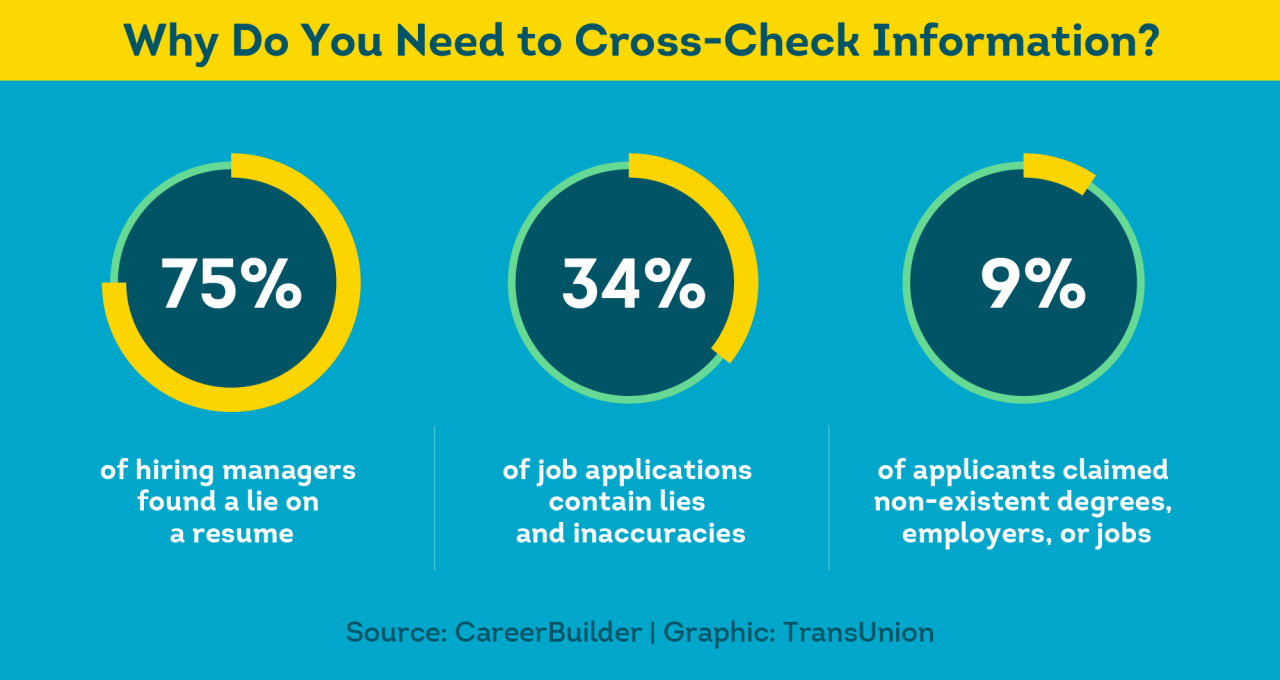
- Do not ask questions related to federally protected categories: According to the Equal Employment Opportunity Commission, you cannot ask about certain aspects of a candidate’s medical or genetic information. You must also comply with laws related to protected classes including age, religion, sex, disability, and more.
- Ask specific questions: Vague questions will yield vague answers. Create a list of carefully curated questions that can reveal their skills and ability to perform the job’s duties.
- Focus on the facts: Allowing yourself to overanalyze the tone of the response can cause you to lose sight of the facts. Base your decision on what the person said, not how they said it.
- Take notes: It can be difficult to recall everything that has been said during a phone call. Jot down notes. You can review and compare their responses with those from other references.
- Document your process: This will be important if any issues arise down the line. Document your methods, as well as the date, time, and who you spoke to.
- Treat each candidate equally: Be consistent. Approach each reference check in the same way. Maintain a fair approach by asking the same questions about each candidate.
Before you perform an employee reference check, check your state and local laws to determine whether there are any other legal restrictions that apply. Unknowingly overstepping these boundaries could have serious consequences.
The Top 8 Questions to Ask When Checking References
Asking the right questions is the key to getting information you actually need to better inform your hiring decisions. In fact, according to a survey from Accountemps, roughly 34% of job candidates are rejected after a reference check, This makes the hiring manager’s decision much easier.
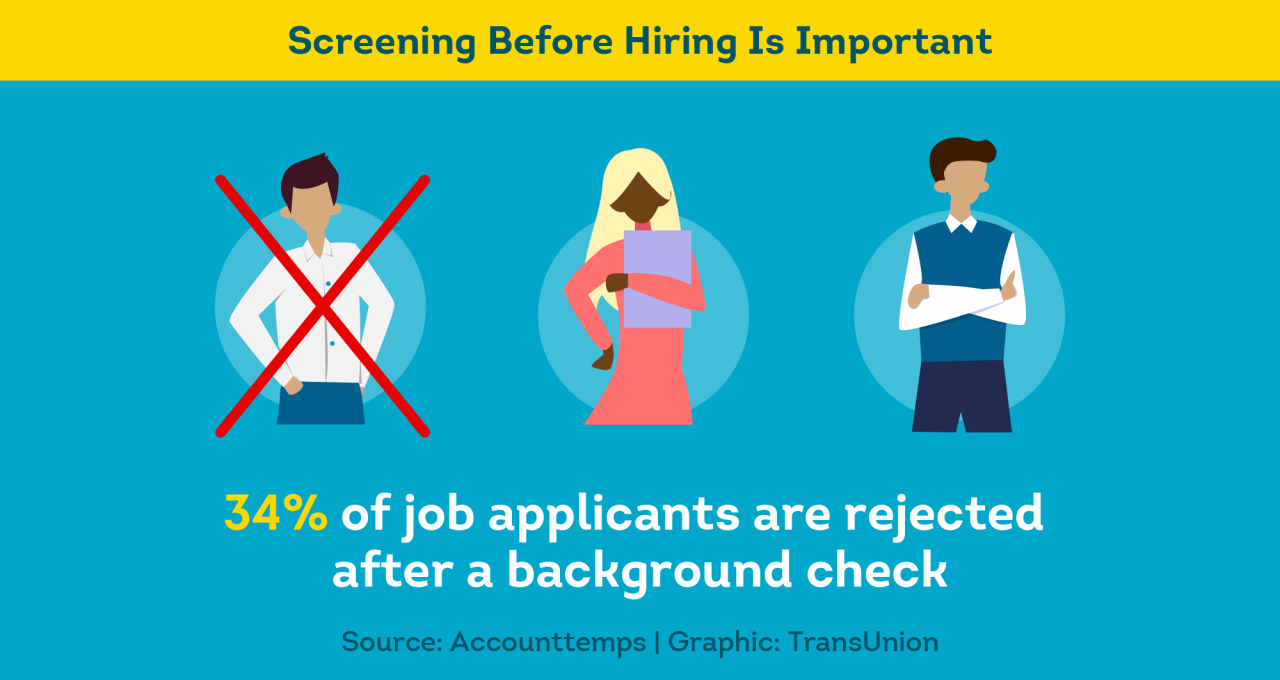
If you’ve never performed a reference check, or want to improve your hiring process, you may wonder what are the best reference check questions? While that depends on the specific position you’re hiring for, there are general questions (as well as some follow-up questions) to help guide you.
8 Employee Reference Questions You Need to Ask
- How do you know the candidate and for how long?
- Follow up: Have you ever directly overseen this candidate’s work? If so, for how long?
- Can you confirm the candidate’s employment, job title, and responsibilities?
- How would you describe the candidate's work ethic?
- Follow up: Were they reliable and dependable? Did they consistently hit deadlines? Did they take on duties beyond the scope of the job?
- What were the top challenges of working with this candidate?
- Follow up: Were there any issues that you’re aware of that negatively affected their job performance? Why did they leave the company?
- What would you say are the candidate’s greatest strengths and weaknesses?
- Follow up: What could the candidate do to improve their strengths or improve the weaknesses?
- What should a future manager know about working with this candidate?
- Follow up: How would I set this candidate up to be most successful? Is there anything I should try to avoid while working this candidate?
- Would you recommend this candidate for the position?
- Follow up: Are there any skills you think they lack in order to be successful? Given the chance, would you hire this candidate to work with you again? On a scale of 1-10, how would you rate this candidate compared to other employees you’ve worked with?
- Is there anything I haven’t asked that you think I should know about the candidate or anyone else I should speak with?
If you’re unsure about a question you’re considering, it may be worthwhile to review the federal and state laws pertaining to reference checks and discrimination, and consult legal counsel.
For the Questions You Can’t Ask, Run a Background Check with ShareAble for Hires
You wouldn’t throw some stranger off the street into a tied championship game with seconds to go. Similarly, you shouldn’t let some outsider let loose in your livelihood without thoroughly vetting them first. Help get to the truth about your candidate with ultra-fast, pre-employment screening through ShareAble for Hires.
Asking the right questions isn't very helpful if all of a job applicant’s references are friends and relatives masquerading as previous employers. Get impartial data from a reputable source. Criminal background checks check your candidate’s information against nearly 400 million felony and misdemeanor records from dozens of state and federal databases searching for a match. Uncovering what, exactly, your applicant’s past might include can help you protect your business and make more confident hiring decisions.
When checking references, it’s essential to make sure you’re even talking to the right person and not a scam artist. Identity verification helps you confirm if your applicant is really who they say they are. Meanwhile, employee credit checks put your candidate’s financial track record front and center, which is especially important when hiring for roles involving cash or sensitive private data.
Designed specifically for small businesses with occasional screening needs, ShareAblack background reports are ultra-fast and easy. There are no barriers for entry, applications, company reviews, or waiting periods. Simply create a free account online and start screening immediately.
FCRA-compliant reports are delivered mere minutes after your candidate consents to screening. Reports in a snap mean you don’t waste time waiting for results and risk your top candidates getting snapped up elsewhere. You can even interview, screen, and hire on the same day in three easy steps.
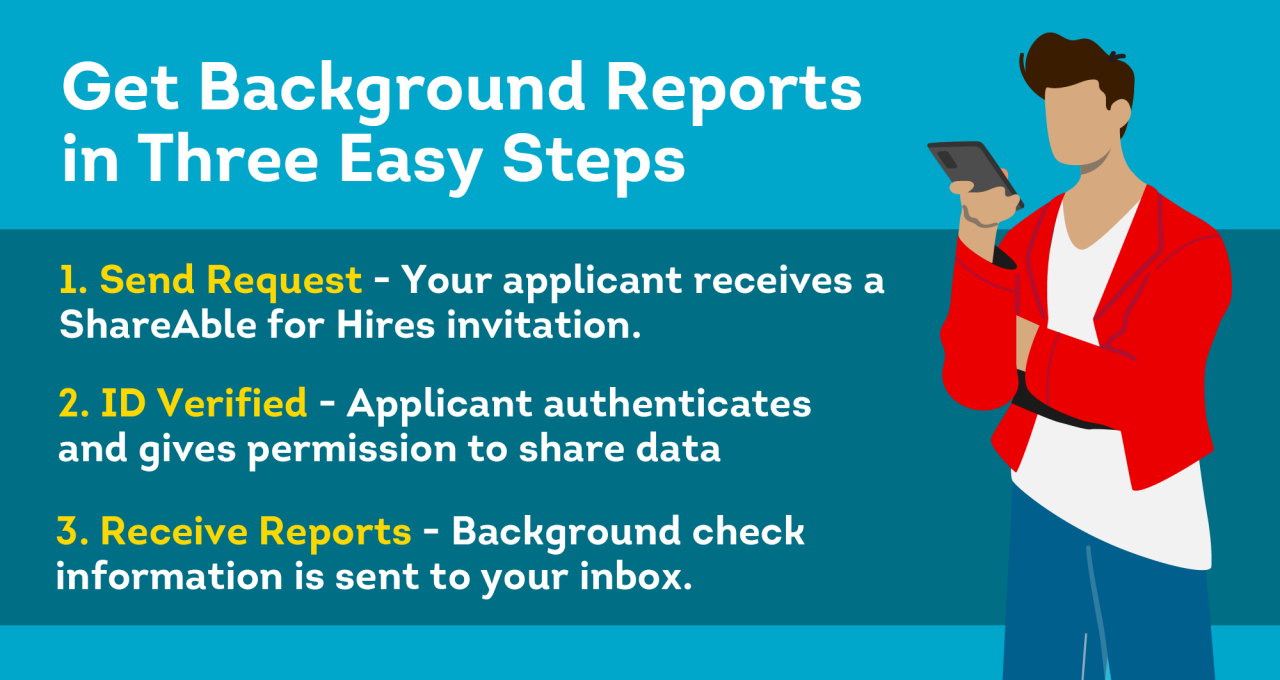
Traditional background check firms can take weeks for a response and cost hundreds of dollars to run. ShareAble for Hires provides on-demand, online reports with no monthly minimums, subscriptions, sign-up costs, or any hidden fees. Pay only for what you need and only when you need it.
How ShareAble for Hires is better for Small Businesses
- Robust online tool available for 24/7 on-demand screening from anywhere
- No onerous application process to determine eligibility
- Fast, accurate screening tools designed for all small businesses
- Applicants enter in their information, which improves accuracy and reduces risk of mismatches
- Data backed by TransUnion, a major credit agency, which means fewer false positives
What you Get with ShareAble For Hires Reports
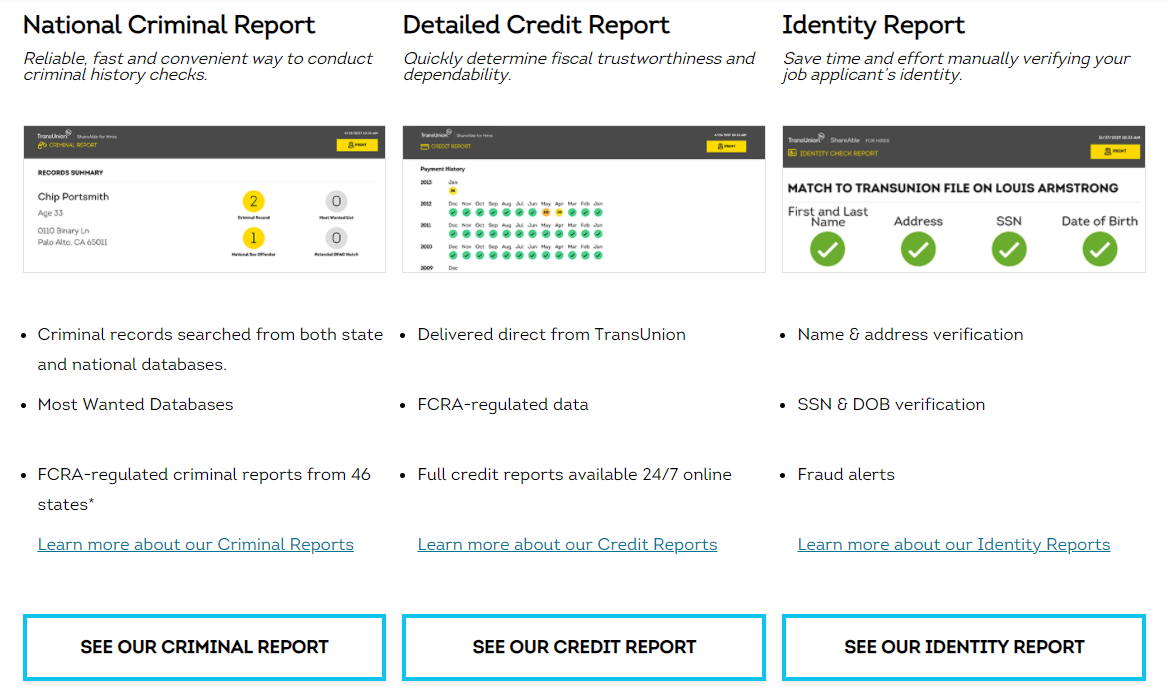
When building your work team, you want people who play well with others. Help discover more winners with fast, affordable background checks with ShareAble For Hires.
